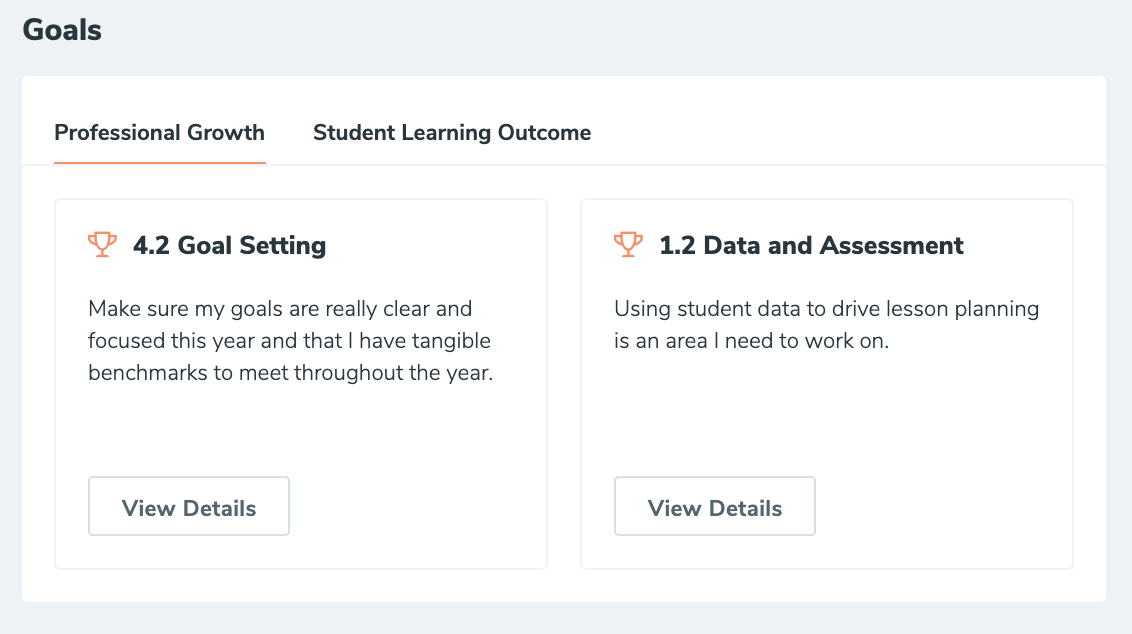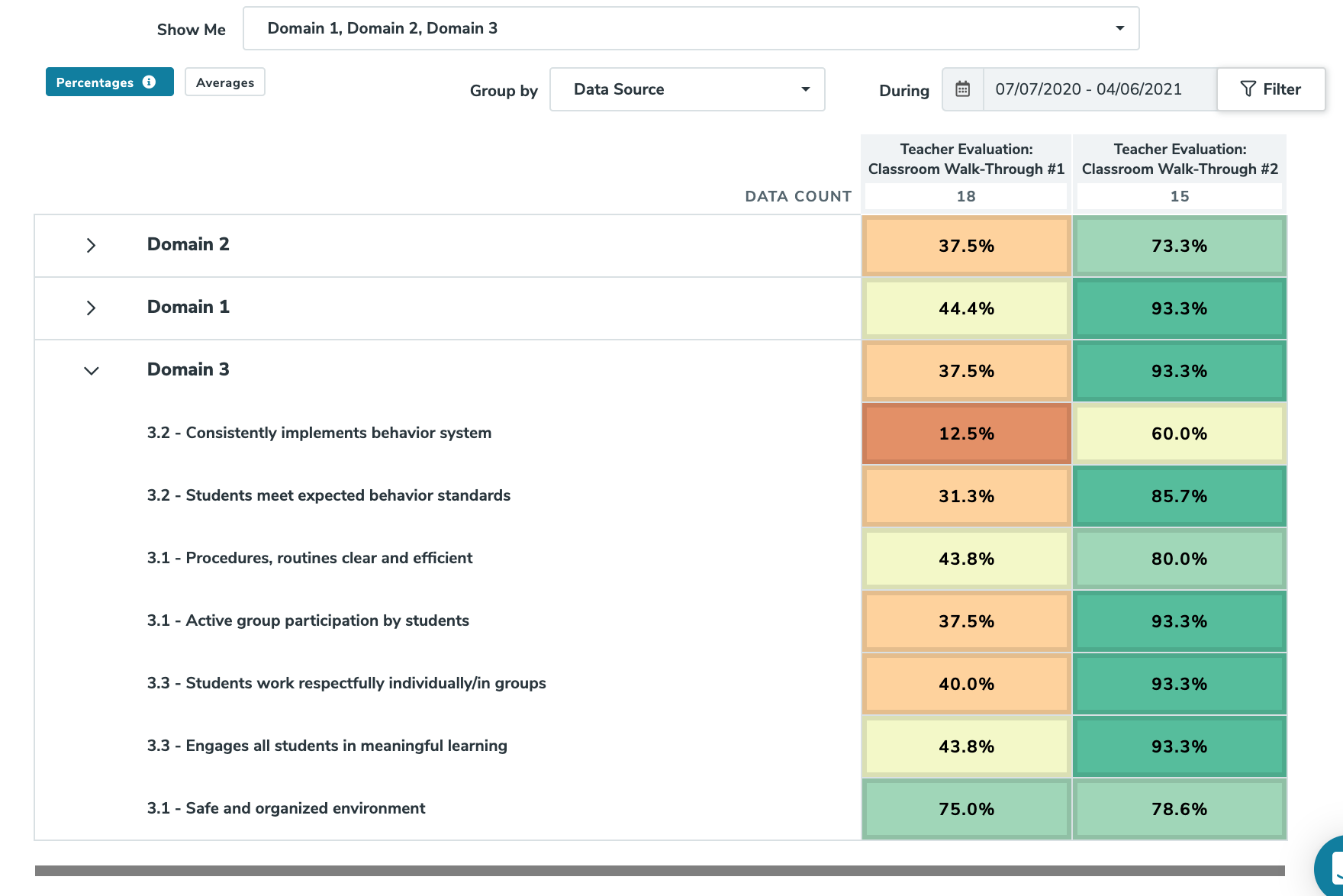"Using a KickUp-driven process, we've built a culture of trust in evaluation — not finger-wagging but formative."
Camdenton R-III School District — From a culture of compliance to data-driven teacher growth
Performance evaluation is a touchy subject in K-12 education. Done without care, it can come off, at best, as a laborious but mandatory task—and at worst, as a case of institutionalized “gotcha.” But with a blend of trust-building, intentional processes, and actionable data, one Missouri school district is moving from a culture of simple compliance to continuous growth.
With a population of just over 30,000, Central Missouri’s Camdenton is a small but mighty rural community. Local district agency Camdenton R-III serves just over 4,000 K-12 students and employs more than 300 teachers. The district maintains a high state rating and was the first in Missouri to have all schools accredited by the North Central Association of Colleges and Schools.
Camdenton had recently redefined their walkthrough and evaluation process and needed a way for central administration to see district-level data trends and make comparisons across schools. Meanwhile, building-level staff needed the specifics — information about teachers’ individual needs — to provide day-to-day support.
The Camdenton team had started manually synthesizing evaluation data, but analysis was very time-consuming and made it difficult to identify trends.
“We were spending hours and hours every week just tallying up results,” says Dr. Ryan Neal, Camdenton Assistant Superintendent. “It felt like we were putting all our time into describing the road we just went down, instead of getting a look at the whole map.”
Using KickUp’s professional growth module, Camdenton built customized evaluation workflows for staff that streamlined data collection and goal setting.
To bridge the gap between a standardized district framework and individual professional needs, Camdenton leveraged personal growth plans (PGPs). Teachers identify goal domains and the work they’ll do to grow, with the help of their building administrators. They also choose goal student learning outcomes (SLOs) related to their core instructional focus, which are in turn aligned to the Continuous School Improvement Plan (CSIP) — the central framework that serves as the criteria used in the end-of-year evaluations.

The entire process looks like creating a miniature logic model, with participants choosing:
After finalizing their PGPs, teachers participate in a series of check-ins and walkthroughs along with a midyear reflection and end-of-year summative evaluation that documents, supports, and contextualizes the growth in performance throughout the year. This gives instructional leadership insight into the progress being made and confidence in the overall outcomes.

The CSIP provides the framework, the PGP outlines the plan for growth, and frequent check-ins operate as checks around one comprehensive growth cycle. Underneath it all, KickUp connects and aligns the pieces so that the team can collect data—and then immediately put it into use to drive improvement.
“We want to say okay, this is where you are now and this is where you need to be at the end of the year, now go — but people don’t work like that,” says Neal. “Breaking the growth process into chunks and making adjustments along the way keeps teachers focused on the achievable steps right ahead. And at the end of it all, they’ve often gotten a lot farther than they thought was possible.”
Sometimes district leaders are (rightfully) concerned with “muddying the waters” of professional learning and formal evaluation—but for Camdenton, it’s actually strengthened the culture of educator trust.
With their KickUp data, administrators can make PD programming decisions based on educators’ interests, feedback, and demonstrated success. All data is shared with the staff for transparency on why the year’s programming looks the way it does, creating a sense of trust and openness between teachers and administration.
“Using this data and KickUp-driven process, we’ve built a culture of trust in evaluation — not finger-wagging but formative,” says Neal.
You can't trust everything you read on the internet.